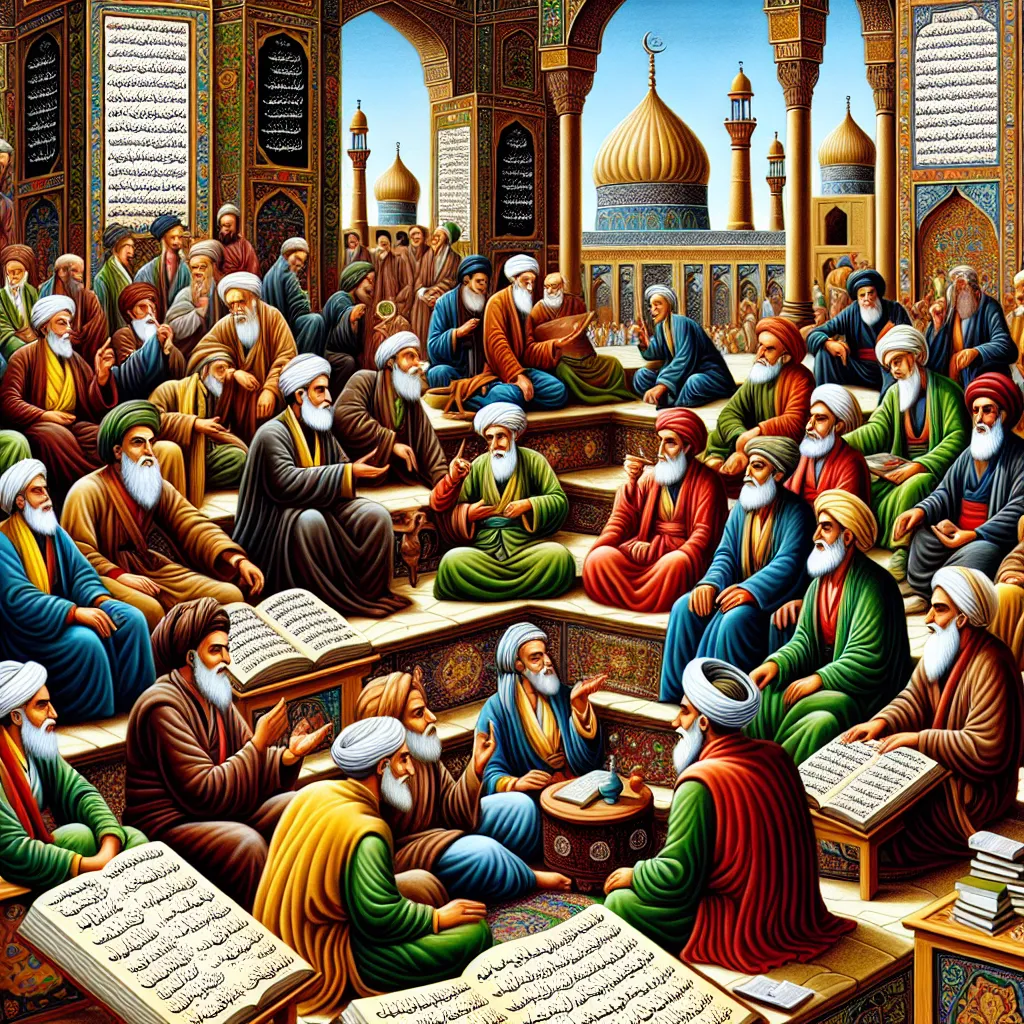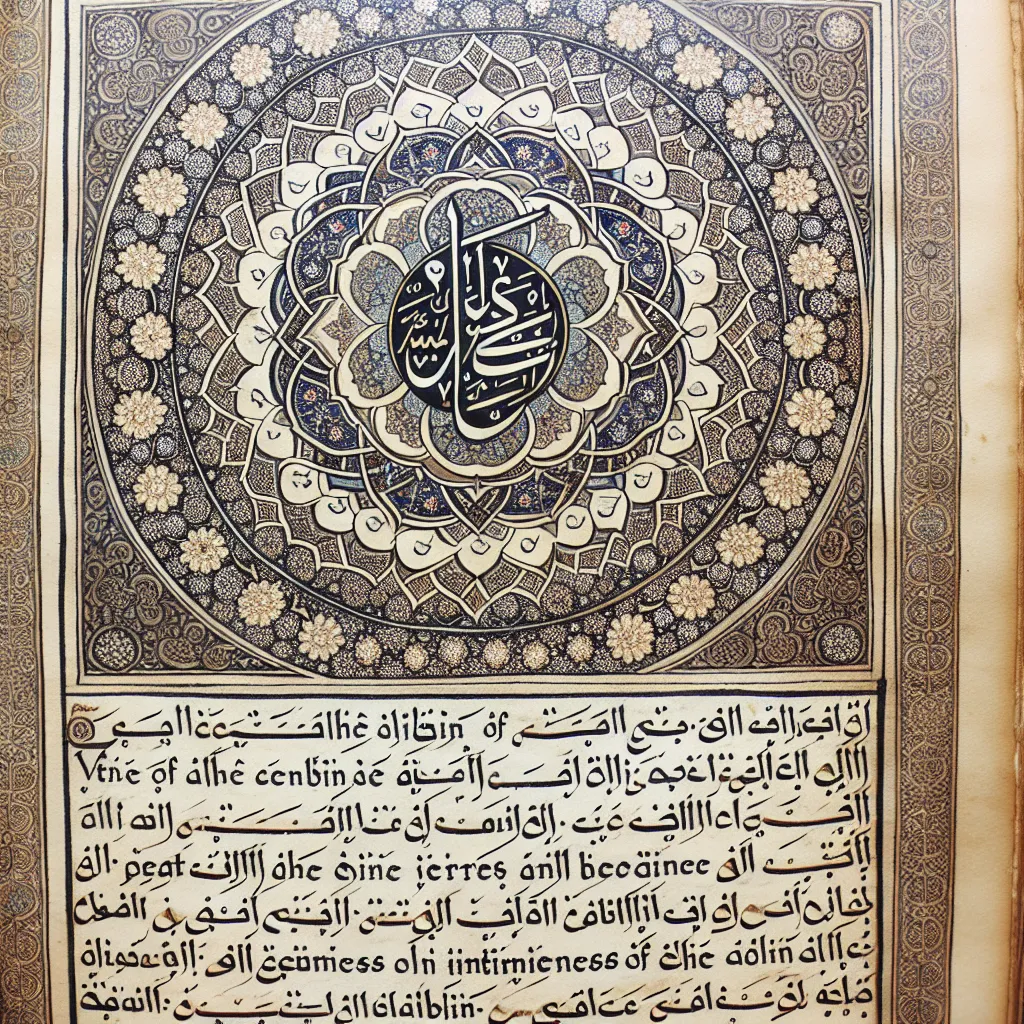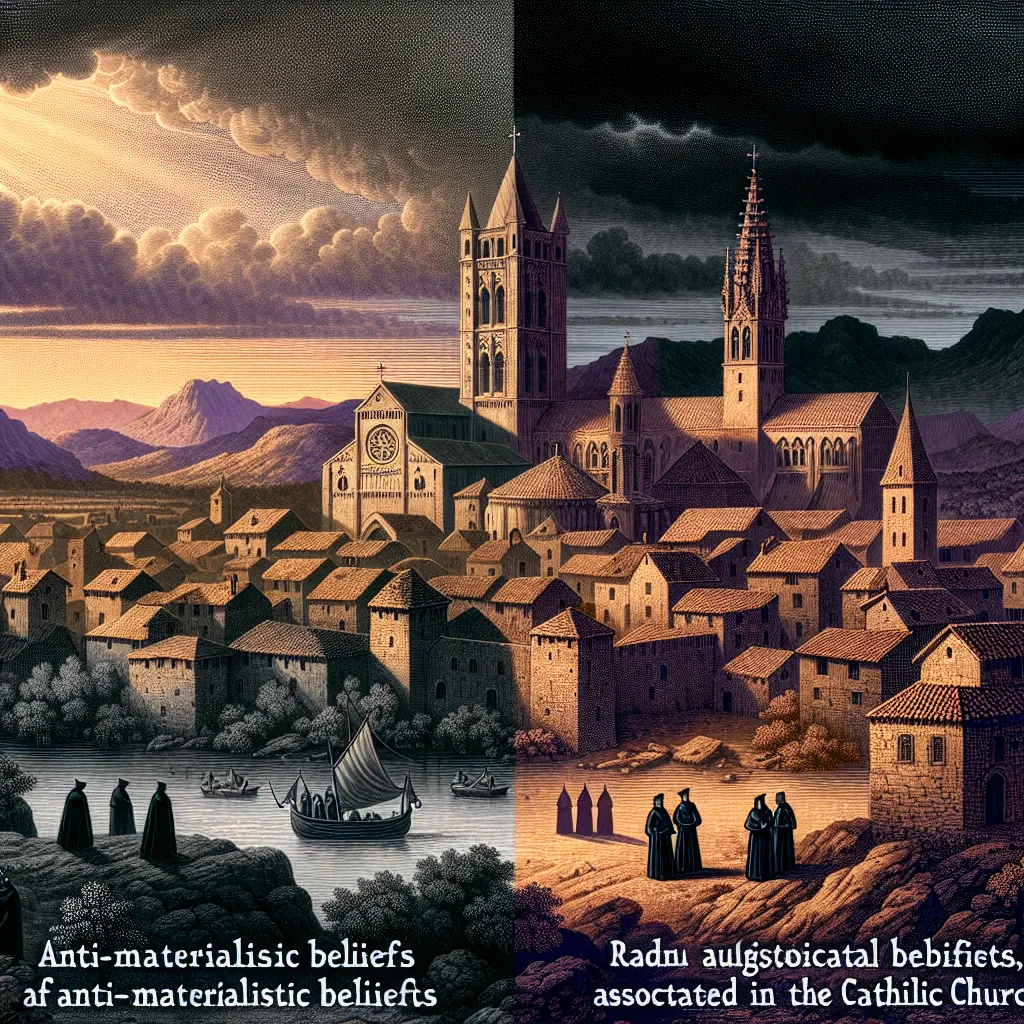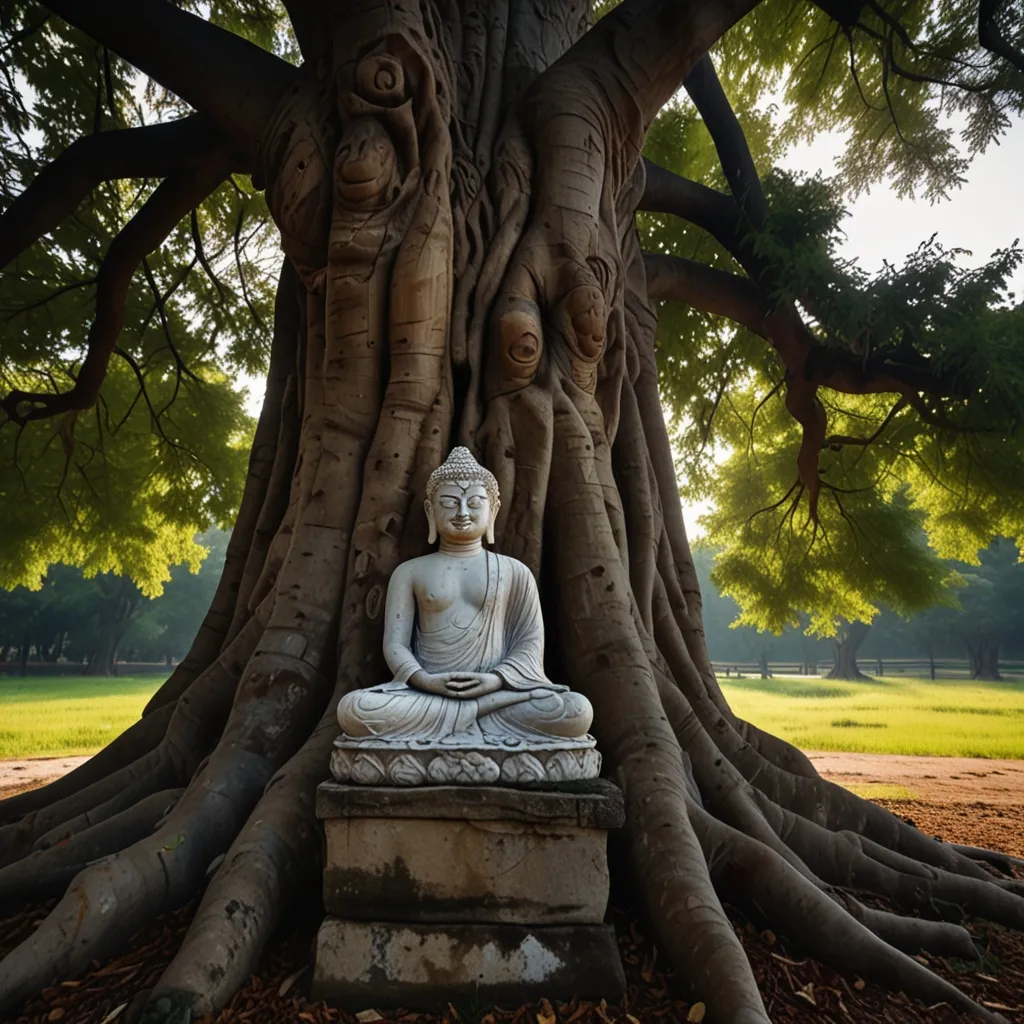Islam, like any major religion, is a vast and complex mosaic of beliefs and practices. Within this diverse landscape, one of the most influential branches of Shia Islam is the Ismailis. Despite being the second largest branch of Shia Islam, Ismailis have often been misunderstood and misrepresented, facing criticism from both Sunnis and other Shias.
Islam is often simplified into three major branches: Sunni, Shia, and occasionally Ibadi. This broad categorization helps to delineate major historical movements, though it can be misleading when discussing early Islamic history. Ismailis fall under the Shia branch.
At the core of Shia belief is the debate over leadership succession following the Prophet Muhammad’s death. Sunnis believe political authority was passed to Muhammad’s community leaders, the caliphs. Shias, however, argue that leadership should have remained within Muhammad’s family line, starting with his cousin and son-in-law, Ali. This belief in a hereditary line of Imams is central to Shia Islam.
The Ismailis trace their roots back to this debate. They accept the first six Shia Imams but diverge on the seventh Imam. Where the Twelver Shias follow a different line, Ismailis recognize Ismail, the eldest son of the sixth Imam, Jafar al-Sadiq. This led to the formation of the Ismailis, named after Ismail.
Ismailis are known for their intellectual and spiritual contributions to Islam. They have produced significant philosophers and scholars throughout history and established major political entities like the Fatimid Caliphate. The Fatimids, ruling from Egypt, created a dynasty that profoundly influenced the Islamic world, both politically and intellectually.
Ismaili theology is deeply rooted in esotericism, emphasizing hidden, spiritual meanings behind religious practices and texts. They incorporate Neoplatonic philosophy, viewing God as a transcendent Oneness that transcends all human categories. This approach is seen as the most stringent form of monotheism, rejecting any creaturely attributes commonly ascribed to God.
Prophets, including Muhammad, are believed to receive non-verbal, divine knowledge, which they then convey in human language. This knowledge is thought to be passed down through the line of Imams, who have the exclusive authority to interpret the Quran’s true meanings. This esoteric knowledge, or “Baten,” is contrasted with the outward, literal aspects of religion.
Ismaili practice is highly adaptable, guided by the ruling Imam. Historically, Ismailis have balanced between overt religious observance and hidden, esoteric practices, especially during periods of persecution. The doctrine of “Talim” allows the Imam to update or change religious rulings according to contemporary needs.
Today, the Nizari Ismailis, led by the Aga Khan, continue to be a dynamic and progressive community. They emphasize modern values like gender equality and humanitarian work through organizations like the Aga Khan Development Network.
Globally, Ismailis are estimated to number around 15 million, making them a significant, though often overlooked, part of the Islamic world. Their rich intellectual and spiritual heritage continues to contribute to the broader tapestry of Islamic thought and practice.
Understanding the Ismailis provides a deeper insight into the varied and rich landscape of Islam. Their unique blend of esotericism, philosophy, and adaptability makes them a fascinating subject of study within the broader context of Islamic history and theology.






